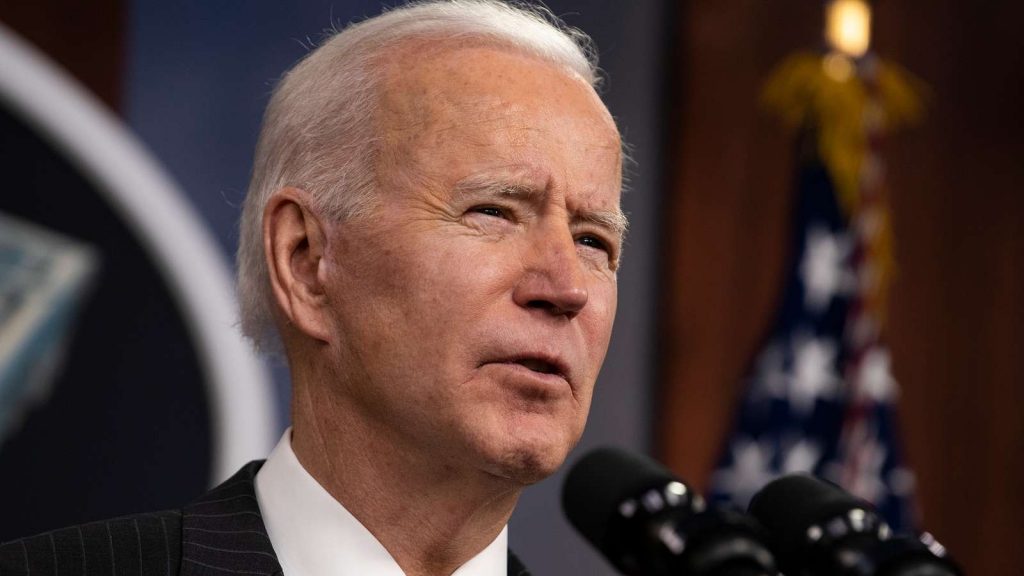Charter Schools Suing The Department Of Education
A group of charter networks in New York are suing the Dept. of Education for wrongfully holding back promised funds.

Charter schools are taking a huge hit this year, coinciding with their increase in popularity with parents. These public school alternatives have seen drastic rises in enrollment over the last decade, and those findings were greatly exacerbated at the onset of the pandemic when confidence in public schools waned. Now, a new initiative by the federal government is said to be attacking charter schools, making it harder for them to receive grant funding. In New York, the situation is far worse, and a charter network is now suing the Department of Education (DOE).
The New York Post reported that on Monday, June 6th, a charter network of four schools in New York filed a lawsuit against the DOE. The suit alleged that almost $1 million worth of grant funds were wrongfully stripped away from their charter schools. This suit comes after several years of confusion and setbacks within the grant program that now leaves these institutions without promised funding they feel they are still owed.
The situation seems to have begun at the beginning of the 2019 school year – before the pandemic struck the charter networks. Taking the schools by surprise, the DOE abruptly swept back the funds. They cited the reason for doing so as an expiration issue. However, school officials claim they were never clearly given an expiration date in the lawsuit.
Furthermore, the lawsuit claims that bureaucratic issues were at play for the reason for the DOE backstepping on their promise of funds to the charter networks. The suit even pointed to a point in that time when the New York DOE had submitted a request to the government for a grant extension timeframe. Allegedly, the state heard nothing for months. Finally last summer, it was refused due to lack of “administrative authority.”
With the text of the plaintiff, the four charter school networks asked the federal government to reconsider their denial. They said the DOE’s decision to pull back funding was “capricious” and “arbitrary.” Furthermore, the plaintiff pointed toward other instances, where the feds had previously granted waiver requests to other charter schools.
Emily Kim, the founder and CEO of Zeta, is part of the charter network lawsuit. She spoke out against the fed’s decision to dismiss funds for the schools. “These funds were guaranteed, awarded funds that were promised to our schools and our children,” she said, adding that they had already been budgeted for in the system. She added how harmful this move is to the students, who were counting on those funds to finance education initiatives to combat learning loss from COVID disruptions. The majority of students at the schools are children of color from low-income families.

Simultaneously occurring during this charter network lawsuit, the Fed’s are further obstructing charter school funding across the nation through new, strict criteria recently passed. Newly passed rules by the Biden administration would ban charters that are controlled by for-profit companies from receiving grant funds altogether. Furthermore, stricter rules and requirements could keep many charter networks across the nation from being able to access funding.
Both measures are seen as a poor move on the part of government officials, especially during a time of failing trust in public education. The data is telling, and many studies have proven that charter schools can offer a better-rounded education for all students, furthering equity. But for now, charter networks may struggle to continue the years of success being documented, as lawmakers push back on efforts to fund them.



